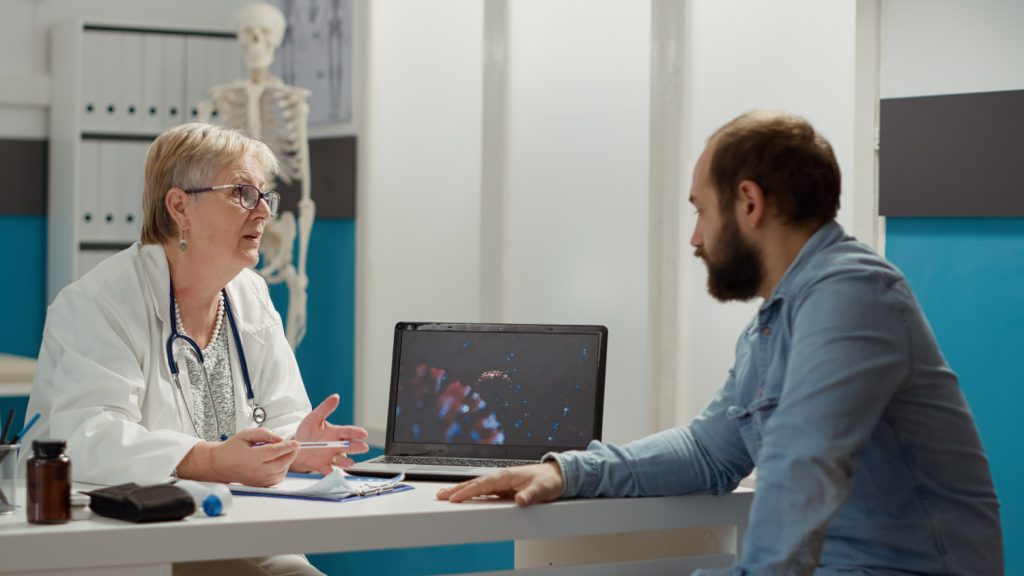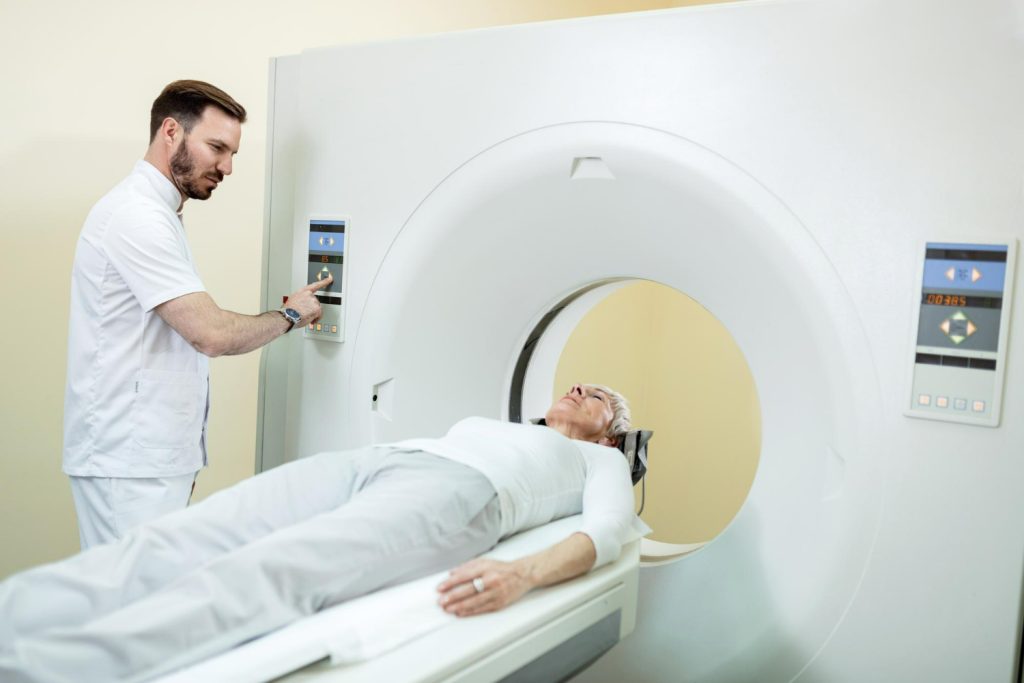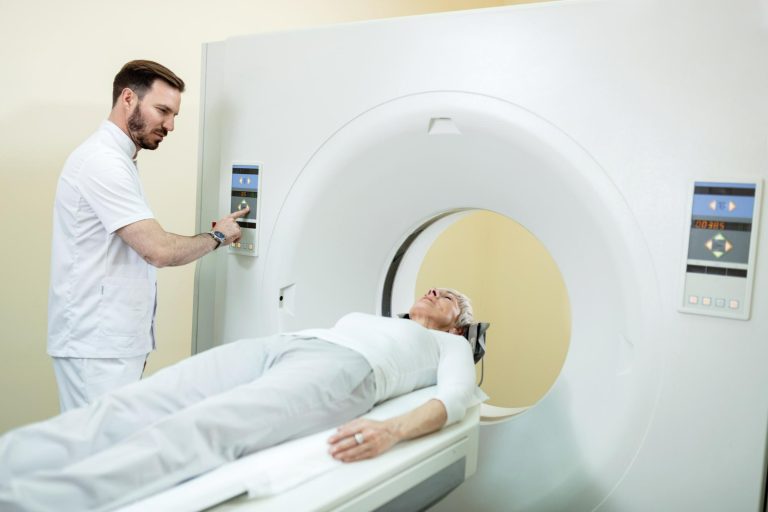Oncology is an extremely dangerous disease that can affect various human organs. However, recent medical research shows that many cancers can be successfully treated if the disease is detected at an early stage. Regular check-ups are crucial to detect cancer early and prevent it from developing to a critical stage. This increases the likelihood of treatment success and recovery.
Why is early detection of cancer important?
Early detection of cancer has a number of key benefits:
- Increased chances of survival: Early-stage cancer is often easier to treat, greatly increasing the chances of survival and cure.
- Reducing the need for aggressive treatments: Early detection can allow less invasive treatments to be used, reducing the risk of side effects and complications.
- Improved quality of life: Early treatment often leads to a more favorable outcome and allows patients to return to their normal lives more quickly.
- Reduced risk of recurrence: Early treatment helps prevent the cancer from spreading to other organs and tissues, which reduces the risk of recurrence.

When should I start regular checkups?
The optimal age to start regular checkups depends on the type of cancer and the presence of risk factors. For example, mammograms may begin after age 40 and colonoscopies after age 50. However, if you have a family history of cancer, it is worth discussing the possibility of starting screenings earlier with your doctor. It is important not only to follow general guidelines, but also to consider personal medical conditions and hereditary factors.
Indications for oncology tests
Tests are ordered based on the presence of various factors.
Risk groups
Main:
- People with hereditary predisposition – presence of cases of cancer in the family.
- Persons with chronic pathologies – inflammatory bowel disease, liver cirrhosis, etc.
- Patients with precancerous conditions – the presence of benign neoplasms.
- People over 60 years of age
Symptoms that require attention
Signs that serve as an indication for evaluation:
- Unexplained weight loss;
- Persistent fatigue and weakness;
- New or changed moles, sores that won’t heal;
- The presence of blood in the urine, stools or unusual discharge from the genital tract;
- Persistent cough or hoarseness.

Cancer diagnosis: screening approaches
Tumor diseases can have absolutely any localization, with the disease first affecting nearby and then distant tissues or structures. Thus, today there are many different diagnostic methods that can detect cancer in various parts and organs of the body.
Although the effectiveness of the procedures depends on the location of the neoplasm, there are methods that have shown the best results for the most common types of cancer. These approaches often include screening for people of a certain age. This has increased the number of cases of early cancer diagnosis in prevention programs.
List of effective examinations
- MRT and CT (magnetic resonance and computed tomography). They detect even microscopic foci of pathological changes – up to 2-3 mm in diameter. MRI is considered to be safer because CT uses X-rays.
- Mammography. Breast examination, relevant for women over 40 years of age. They are recommended to undergo it at least once every 2 years, and after 50 years – every year.
- PSA test (a specific protein produced by the prostate gland). A blood test recommended for men over 50 years of age. An elevated PSA is one of the signs of a malignant process in the body.
- Fecal occult blood test. Detects cancer of the large intestine. Recommended for people over 50 years of age as an annual examination in conjunction with colonoscopy. Bleeding in the lower intestine is the main sign of colon cancer.
- Pap test, or Papanicolaou test. A cytologic examination of cells taken from the mucosa of the cervix and cervical canal. Recommended as an annual procedure for women over 21 years of age.

Cancer diagnostics and laboratory tests
When answering the question of what examinations you need to undergo to rule out cancer, it is impossible not to mention laboratory tests. These include:
- General urinalysis. In it, atypical cells may be present, which indicate oncology of the urinary tract;
- General blood test. Another nonspecific, but mandatory method of diagnosis. It shows blood changes: an increase in red blood cells and hemoglobin, which is characteristic of kidney cancer; immature cells, indicating bone marrow cancer, and so on. In leukemia, a general blood test is included in the list of basic diagnostic methods;
- Blood tests for oncomarkers. Allows you to distinguish healthy cells from cancerous cells. But the method is not too accurate, since different markers can appear in several types of tumors;
- Biochemical blood test. More informative than the general. Can show high calcium levels, increased activity of intracellular enzymes, abnormalities in the concentration of hormones.
Conclusion
Regular medical check-ups and early detection of cancer are key factors that significantly increase the likelihood of successful treatment and cure of this dangerous disease. Understanding the importance of preventive examinations, knowing the risk factors and following the recommendations of specialists help people to detect pathological changes in the body in time and start treatment at an early stage. It is important to remember that early diagnosis not only saves lives, but also contributes to maintaining a high quality of life of the patient, minimizing the consequences and severity of treatment. Therefore, taking care of your health through regular medical check-ups is a reasonable and vital step for everyone.





